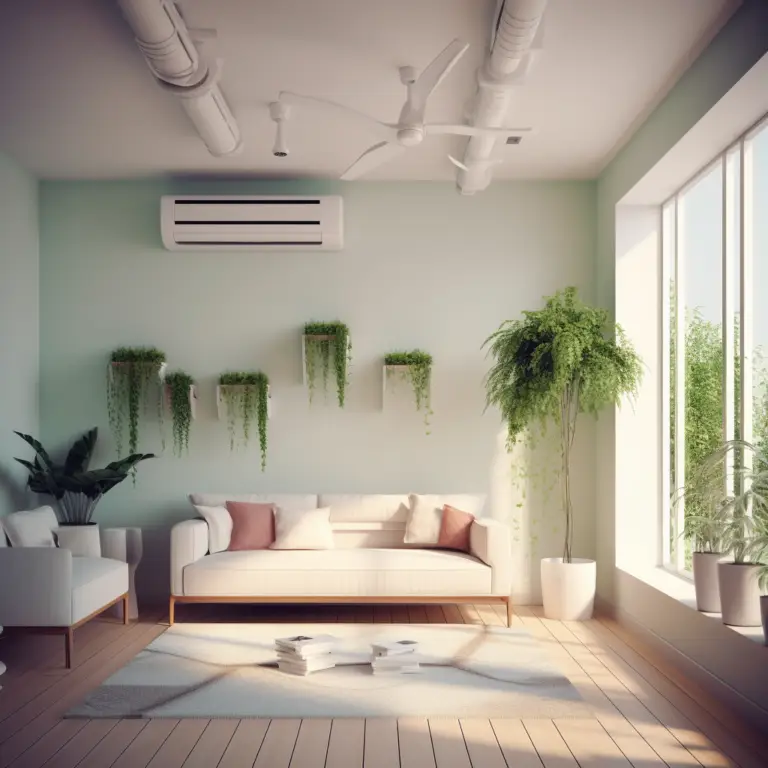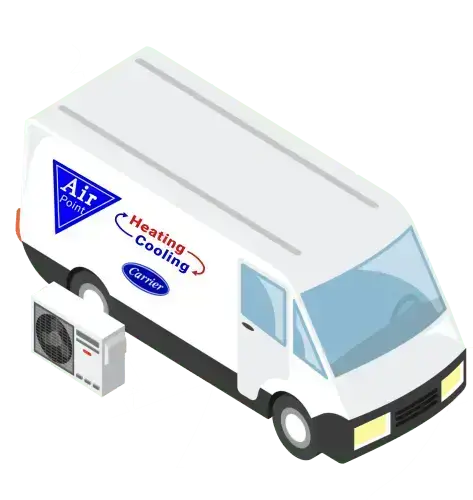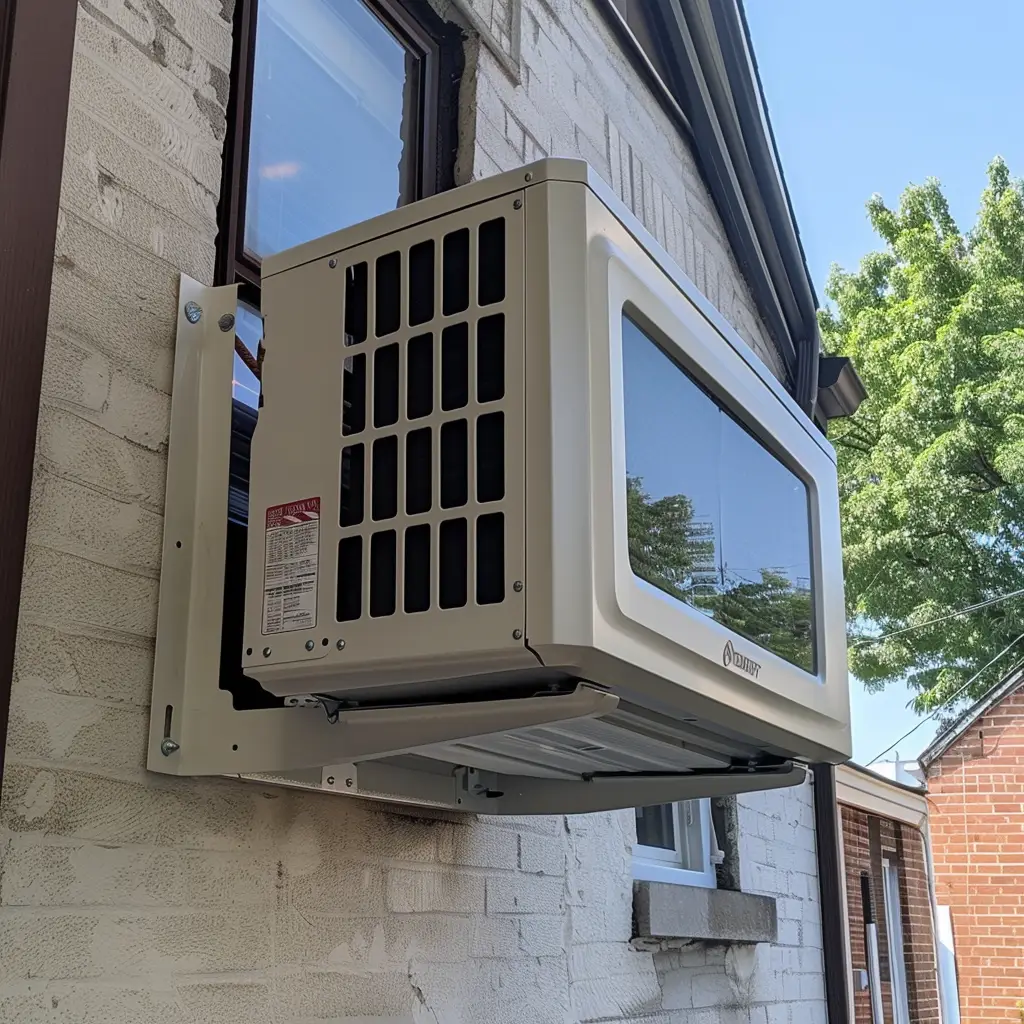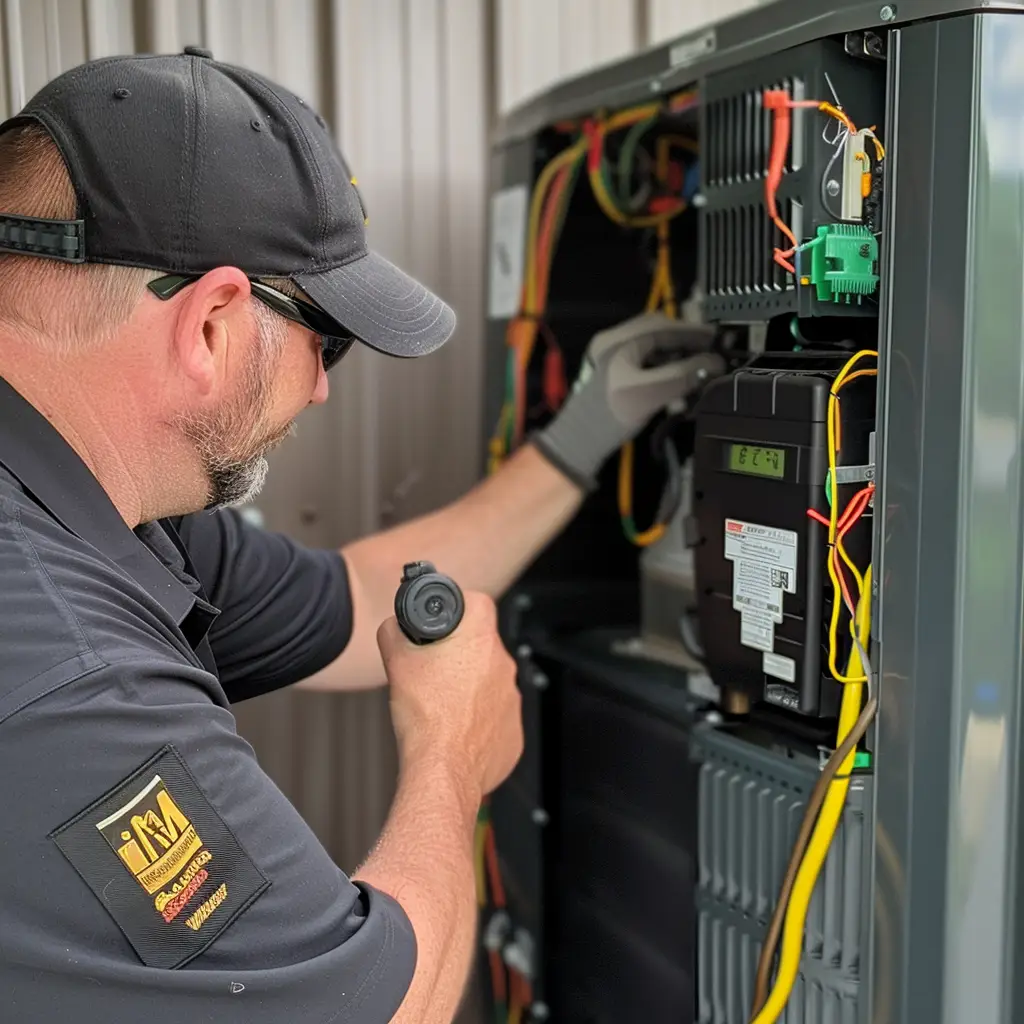Introduction to HVAC Energy Efficiency
HVAC energy efficiency is no longer just a catchphrase; it’s a necessity. HVAC systems consume a significant portion of energy in buildings, making them critical for energy conservation efforts. But what does “HVAC energy efficiency” mean? Simply put, it refers to how effectively your HVAC system uses energy to provide optimum comfort levels.
Why HVAC Energy Efficiency Matters
Boosting HVAC energy efficiency reduces energy costs, decreases your carbon footprint, and ensures a comfortable indoor climate. An energy-efficient HVAC system requires less energy to run, cutting costs and reducing environmental impact.
How to Improve Your HVAC Energy Efficiency
Regular Maintenance
Regular maintenance is key for HVAC energy efficiency.
Cleaning
Dust and debris can clog your system and force it to work harder, thereby reducing efficiency. Regularly cleaning your HVAC system will keep it running smoothly.
Inspection
Regular inspections can help identify potential issues before they escalate, saving you from expensive repairs and improving efficiency.
Install a Programmable Thermostat
A programmable thermostat enables you to control the temperature in your building effectively. It can adjust the temperature based on when the building is occupied, saving energy when no one is around.
Make Use of Window Coverings
Window coverings like blinds, curtains, and shades can help control the temperature inside your building, reducing the load on your HVAC system.
Optimize Your Insulation
Good insulation keeps the cold out during winter and heat out during summer, reducing the demand on your HVAC system and enhancing energy efficiency.
Ventilation Management
Proper ventilation is crucial for maintaining indoor air quality without overburdening your HVAC system.
Energy-Efficient HVAC Systems
Energy-efficient HVAC systems use less energy to provide the same level of comfort as traditional systems, making them an excellent choice for those seeking to improve their HVAC energy efficiency.
System Upgrade
Older HVAC systems tend to be less efficient. If your system is old, consider upgrading to a newer, more energy-efficient model.
Ductwork Evaluation
Fault ductwork can lead to energy loss. Ensuring your ductwork is sealed and insulated properly can significantly improve your HVAC energy efficiency.
Load Reduction
Reducing the load on your HVAC system can lead to significant energy savings. This can be achieved by using energy-efficient appliances and lighting, improving insulation, and using ventilation strategically.
Working With an HVAC Professional
A professional HVAC technician can help optimize your system for maximum efficiency. They can advise on maintenance, upgrades, and operational practices tailored to your specific setup.
Trust AirPoint for Your HVAC Energy Efficiency Needs
Enhancing HVAC energy efficiency is a pivotal way to minimize energy consumption, decrease expenses, and contribute to a more sustainable future. And at AirPoint, we can guide you along this journey. As a Carrier factory authorized dealer and NATE certified business in Toronto, we’re committed to providing only the highest quality HVAC services.
We’re not just recognized for our qualifications. Our dedication to excellence has earned us the HomeStars Best of the Best 2023 title and consistent 5 stars on Google and HomeStars. This acclaim is the result of our fully certified technicians by TSSA, HRAI, and CSA.
For more affordable home upgrade ideas to improve your home’s indoor air quality and energy efficiency, watch this video by Matt Risinger
Frequently Asked Questions on HVAC Energy Efficiency
How often should I maintain my HVAC system for maximum efficiency?
Regular maintenance is recommended at least twice a year, preferably in the spring and fall. However, certain components may need more frequent attention.
How much can I save by improving my HVAC energy efficiency?
The amount you can save varies depending on the system, its age, usage patterns, and the specific improvements implemented. On average, energy-efficient systems can save up to 20-30% on energy bills.
Can window coverings really improve HVAC energy efficiency?
Yes, window coverings can significantly impact your home's internal temperature, reducing the workload on your HVAC system, especially in seasons with extreme temperatures.
Are energy-efficient HVAC systems expensive?
While energy-efficient systems may cost more upfront, the long-term savings in energy costs often outweigh the initial investment.
What is the role of a professional in improving HVAC energy efficiency?
HVAC professionals have the knowledge and tools to optimize your system for maximum efficiency. They can perform maintenance, suggest upgrades, and guide operational practices to reduce energy use.





